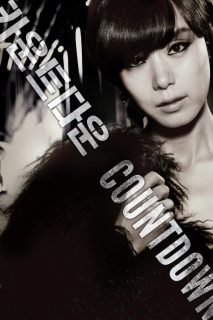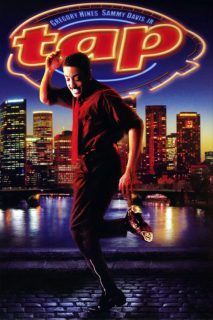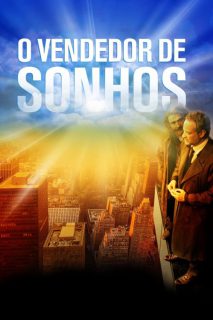
- Year: 1950
- Released: 26 Dec 1951
- Country: Japan
- Adwords: Nominated for 1 Oscar. 9 wins & 5 nominations total
- IMDb: https://www.imdb.com/title/tt0042876/
- Rotten Tomatoes: https://www.rottentomatoes.com/m/rashomon
- Metacritics: https://www.metacritic.com/movie/rashomon
- Available in: 720p, 1080p,
- Language: Japanese
- MPA Rating: Not Rated
- Genre: Crime, Drama, Mystery
- Runtime: 88 min
- Writer: Ryûnosuke Akutagawa, Akira Kurosawa, Shinobu Hashimoto
- Director: Akira Kurosawa
- Cast: Toshirô Mifune, Machiko Kyô, Masayuki Mori
- Keywords: rape, japan, criminal, dying and death, based on short story,
 | 8.2/10 |
 | 98/100 |
 | 98% – Critics |
 | 93% – Audience |
Rashomon Storyline
Sheltering from a rainstorm in the derelict Rashomon gatehouse, a commoner wants to hear the strange story that has horrified a priest and confounded a woodcutter. They tell him about a murder inquiry at which they have just appeared as witnesses. Tajomaru (a bandit with a reputation for murder and lust) had managed to tie up a samurai and rape his wife. The woodcutter had discovered the dead body of the samurai in the forest, and the bandit was arrested the following day. But how the samurai was killed was unclear. Strangely, the three people involved all claim to be responsible. The bandit describes winning a dramatic sword fight. The distraught woman all but admits she was driven to stab her husband in desperation. Through a medium, the dead samurai claims his wife was treacherous, and that this drove him to suicide. Something has motivated at least two of them to lie, grotesquely subverting truth, justice, and decency. Even the woodcutter has not been forthright, and ironically, he feels that he too must lie. He changes his story, claims to have witnessed the crime, and gives yet another (the fourth) wild version of the samurai’s death. The commoner is not fooled, and it only reinforces his cynical view of life. Then the men make a discovery, and their reactions reveal that, though there is terrible evil and mistrust in the world, there is also goodness.
Rashomon Play trailer
Rashomon Photos
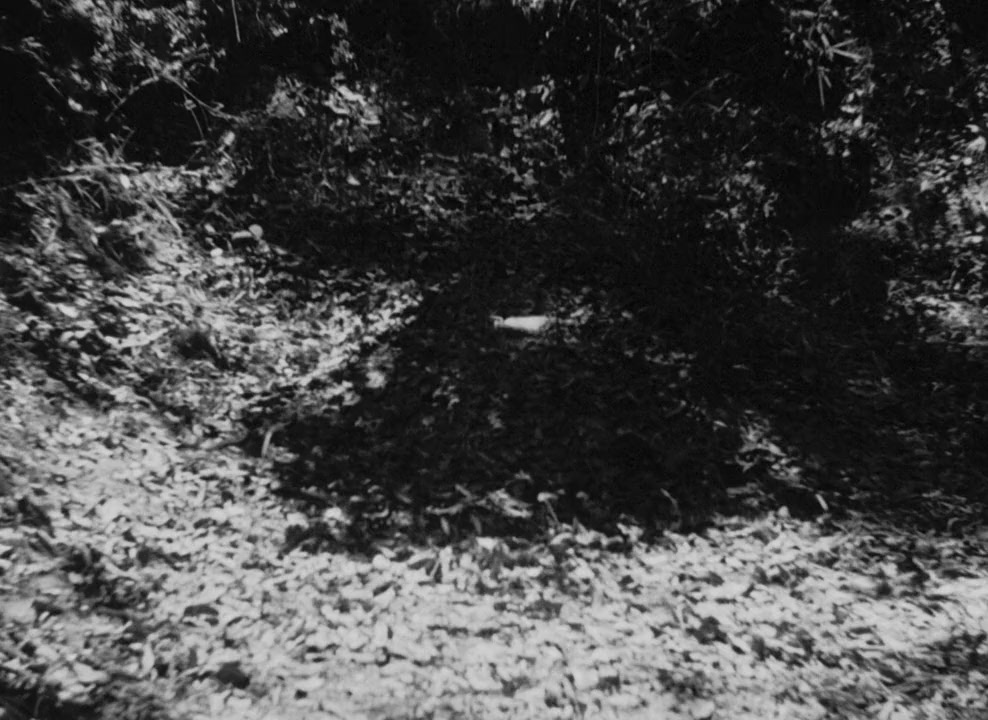

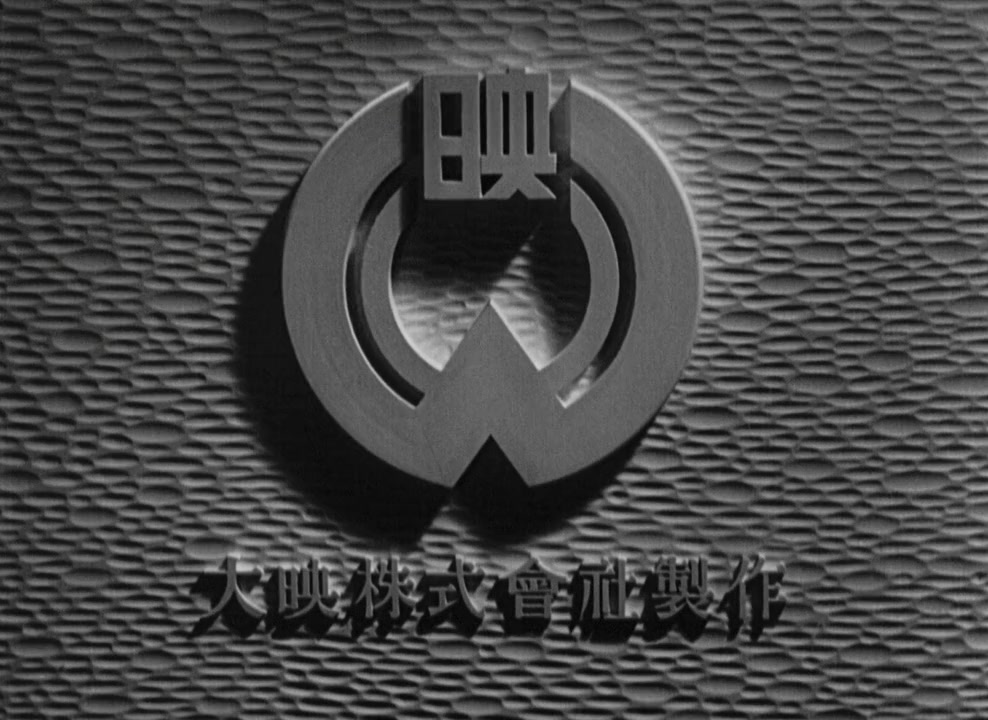
Rashomon Torrents Download
| 720p | bluray | 731.25 MB | magnet:?xt=urn:btih:78A35BA9E2E13B46992501E4C994CE243F72D1D0 | |
| 1080p | bluray | 1.39 GB | magnet:?xt=urn:btih:9D1932C161E00E985B705B6870FA8799BE9C2F39 |
Rashomon Subtitles Download
| English | subtitle Rashomon.1950.720p.BluRay.x264. | |
| English | subtitle Rashoman | |
| English | subtitle Rashomon.1950.720p.BluRay.x264. | |
| English | subtitle Rashomon.1950.720p.BluRay.x264. | |
| Greek | subtitle Rashomon.1950.720p.BluRay.x264. | |
| Serbian | subtitle Rashomon.1950.720p.BluRay.x264. |
Rashomon Movie Reviews
Kurosawa’s first milestone, one of the top foreign films of the 20th century
Akira Kurosawa was one of those directors, the first from the Eastern hemisphere, to develop the form and structure of cinema in ways it hadn’t been. The story he used for Rashomon is now, like Seven Samurai, Hidden Fortress, and Yojimbo, a near archetype that at this point in the history of film has become formula and common knowledge for writers and directors. In that sense, Rashomon is as important and entertaining as a film as Citizen Kane, Battleship Potemkin, Rear Window, or Open City. Tee basic premise- Four different people give four different accounts on the rape and murder of a couple in the woods. A key ingredient to the success of Rashomon, is that the recollections given to the courts by the woman, the bandit, the as well as the four in discussion, is that their emotions reveal their humanity, even if their details reveal nothing, or everything. It’s difficult to say whether character goes over story here, or if they have equal importance to understand Kurosawa’s psychology with these people.
The opening shot of the house is a perfect representation of the mature of the picture, something that has fallen apart over time due to disasters that go beyond control of individuals. The man who heard the testimonies of the trial says “I don’t understand”. This has been a discussed line, since essentially he’s saying the point right up front. All the information won’t ease his puzzlement. The three who discuss the details of the crimes and confessions are crucial- they speak for us, what our opinions might be, and we listen to each version of the story, the characters, the fears, the pride, the shame, and the search for judgment and/or truth in the situation.
Along with being director and co-adapter, Kurosawa’s mastery is revealed heavily in his use of editing- there are short, fleeting moments that hint, or rather pronounce, emotions and thoughts. For instance, when we first see Tajomaru, the bandit, played by action-legend Toshiro Mifune, he is looking up at the sky, bound in straps to keep him from moving, and for a second, or less than a second, there’s a shot of what he sees in the sky, then back to his face which reveals an expression that borders on skeptical, and a bit crazed, or more. Mifune’s part is of a barbarian, but all the more believable as a human barbarian since he acts as such with animal desires- he sees the woman in the woods, and knows he wants her, and while he reflects that he didn’t have to have killed the man, he did as a last resort as a man with an urge. This is intensified by a sadistic flee with his actions.
What’s intriguing about that first description/recollection of the battle between him and the other man, is that it seems like it could be the truth, and to one viewer it could, and to another it seems like it could all be apart of his hyperactive and trapped imagination. And in the attack of the bandit on the woman, at first to him, it’s like a game, then in later descriptions, he feels a little more un-easy, then later, it’s of neither pleasure or discomfort, it just is. This kind of technique later happens with the woman who was victim (who has conviction, though is herself an archetype of Lifetime women), the presence who saw it “all”, and with the man who in the beginning didn’t understand. In each telling the expressions, the cut-aways, the lighting and movement by Kazuo Miyagawa, it’s equally startling, exhilarating.
That the film gives off such a hypnotic aura isn’t surprising, or perhaps it is for those in the grips of the emotion of it all- the dead man’s story is like the hook ripping into a twelve foot bass. The final accouter of the tale proves the most accurate to the common observer, yet Kurosawa knows that’s not the point- if he made it as such to be bold AND had a definite concrete point, the ending would be as poignant when revealed is the truth, or what one could believe as the closest thing to it is. We know why that last person didn’t want to get involved with the courts with what he knows: his story is no more a revelation, of any comfort or consolation to the listeners, than the others. I highly recommend this to anyone, and to those who have distaste to foreign films should view it once anyway- it’s certainly not a long movie, and it won’t loose its grip on anyone willing to give itself to the tale(s). For me, it’s another to add to my top 50 of all time.
Excellent Kurosawa flick–but see other films by this director as well
This was the first film by Akira Kurosawa to be seen in theaters in the US, as it was an international success. And, while this is a very good film, I think that sometimes too much emphasis is placed on this film and not enough on all his other great films. While some of Kurosawa’s fans might agree to the exact order, they will also acknowledge that many other films are nearly as good or better (such as THRONE OF BLOOD, THE SEVEN SAMURAI, YOJIMBO, and many others–along with is wonderful NON-samurai movies such as HIGH AND LOW, IKURU and SCANDAL).
The story itself is extremely creative, as it tells the same story three different times all through the eyes of three different characters. Just when you THINK you know the story, it’s told again by a different person with a totally different perspective–revealing all new details or contradicting what you already thought. A recent wonderful movie that also does this is Audry Tautou’s HE LOVES ME HE LOVES ME NOT.
Beautfully written, slowly revealed, expertly acted–this is an exceptional but not the best Japanese film I have seen. It’s too bad most of those out there haven’t been exposed to more Japanese cinema to know this.
The film that introduced western audiences to Japanese cinema
While not my favourite Akira Kurasawa(for not only Japan’s greatest director, but one of the finest directors there was) film, like Seven Samurai closely followed by Ran, Rashomon is still a fantastic film. No Kurasawa film is the same without great scenery and cinematography, and Rashomon is no disappointment in that regard. The camera is always moving but never feels like too much due to how subtly composed they (and the editing) are, and the scenery especially the beautifully lit jungle is just as striking, not as epic as Seven Samurai but still making its mark. The music, though I may prefer Ran’s score when it comes to scores for Kurasawa’s films, is always fitting with the mood and atmosphere of the film, and with its exploration of the relativity of truth the four accounts of the woodland encounter between a bandit and a wealthy couple is written in a compelling and completely credible manner. Kurasawa’s direction as ever is superb, as are the performances of Machiko Kyo and Toshiru Mifune. Overall, a truly remarkable film. 10/10 Bethany Cox
